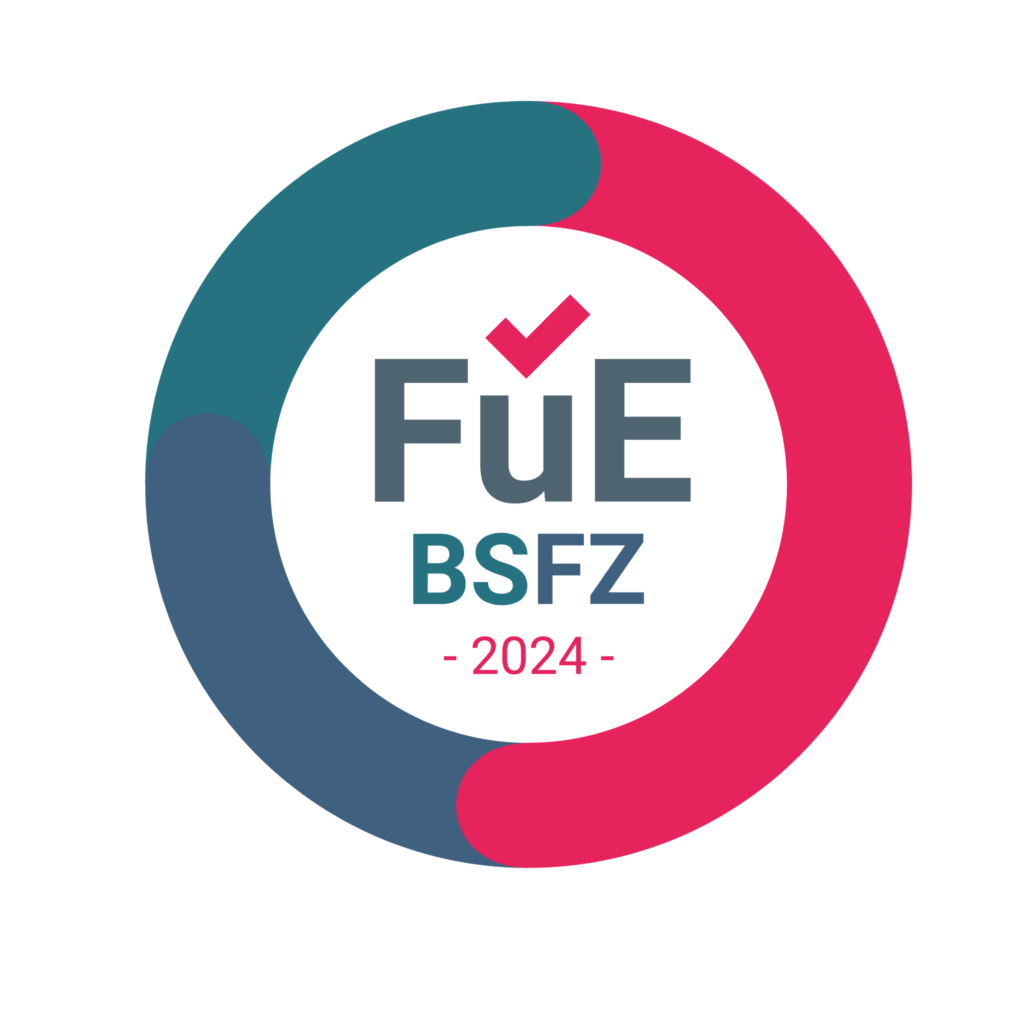Australian billionaire James Packer explored investment options during a dinner late last year at a race track in Buenos Aires with businessmen and politicians including Economy Minister Sergio Massa, according to sources.
Argentiniens Botschafter in Berlin, Fernando Brun, zieht eine positive Bilanz des Besuchs von Bundeskanzler #OlafScholz in #Argentinien.
#Lithium in #Südamerika: #China liegt im Wettrennen weit vorn, schreibt das Finanzportal Investing.com.
Für Deutschland als bisherige Autonation ist der Zugang zu Lithium besonders wichtig. Der Rohstoff wird in Lithium-Ionen Akkus benötigt und gilt als limitierender Faktor für die Produktion von batterieelektrisch betriebenen Fahrzeugen.
Finalizamos la visita del Canciller Scholz con un balance sumamente positivo!
Dinamizamos el vínculo de empresas y organizaciones alemanas y argentinas mediante la realización de un diálogo público-privado estructurado sobre ejes vinculados la energía, #H2, #litio, #electromovilidad, #LNG orientadas a potenciar una agenda de complementariedad productiva.
Die Zeitung “Welt” legt heute noch einmal nach zum Besuch von Bundeskanzler #OlafScholz in #Brasilien, #Chile und #Argentinien.
General Motors announcement on Tuesday that it plans to invest $650 million into Lithium Americas to secure access to lithium is probably the first of many such deals, according to Simon Moores, the CEO of Benchmark Mineral Intelligence, a market intelligence company that tracks the supply chain of lithium-ion batteries to electric vehicles.
Two of the world’s biggest lithium producers are in South America. Country number one has a booming lithium industry, with generous investment incentives that have attracted dozens of private investors. In country number two, lithium production is managed by the state, and only two companies operate, under strict production quotas and a requirement to sell up to 25 percent of output at preferential prices to local buyers.



